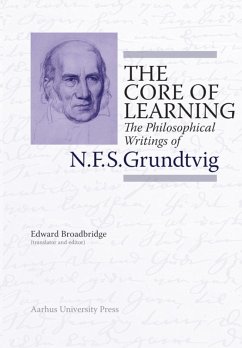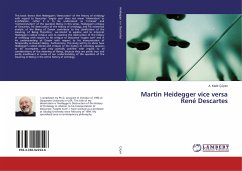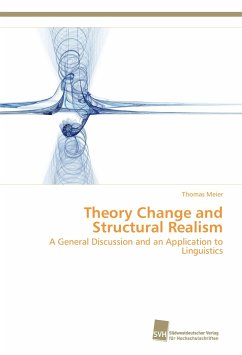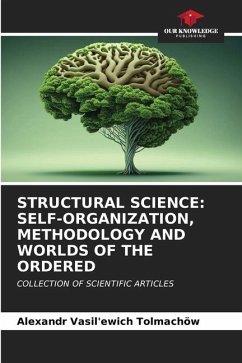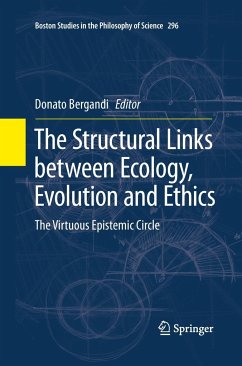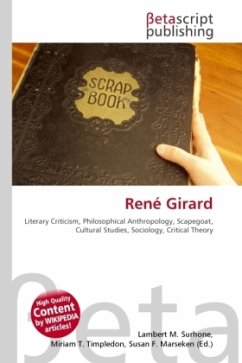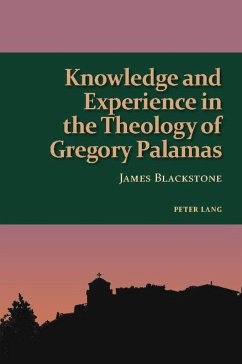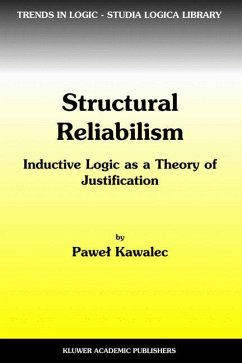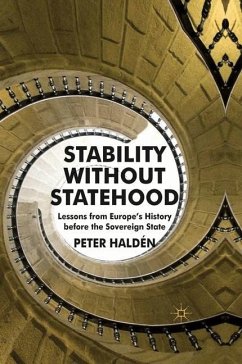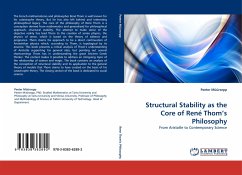
Structural Stability as the Core of René Thom's Philosophy
From Aristotle to Contemporary Science
Versandkostenfrei!
Versandfertig in 6-10 Tagen
39,99 €
inkl. MwSt.

PAYBACK Punkte
20 °P sammeln!
The French mathematician and philosopher René Thom is well known for his catastrophe theory. But he has also left behind and interesting philosophical legacy. The core of the philosophy of René Thom is a conception derived from mathematics and generalized for philosophical approach, structural stability. The attempt to make sense of the objective reality has lead Thom to the creation of semio physics, the physics of sense, which is based on the theory of salience and pregnance. Thom claims his approach to be a direct continuation of Aristotelian physics which, according to Thom, is topologic...
The French mathematician and philosopher René Thom is well known for his catastrophe theory. But he has also left behind and interesting philosophical legacy. The core of the philosophy of René Thom is a conception derived from mathematics and generalized for philosophical approach, structural stability. The attempt to make sense of the objective reality has lead Thom to the creation of semio physics, the physics of sense, which is based on the theory of salience and pregnance. Thom claims his approach to be a direct continuation of Aristotelian physics which, according to Thom, is topological by its essence. This book presents a critical analysis of Thom s understanding of Aristotle supporting his general idea, but pointing out several shortcomings Thom has in understanding the great Ancient Greek thinker. The context makes it possible to address an intriguing topic of the relationship of science and magic. The book contains an analysis of the conception of structural stability and its application to the general theory of models that Thom claims to have created on the basis of his catastrophe theory. The closing section of the book is dedicated to social science.



